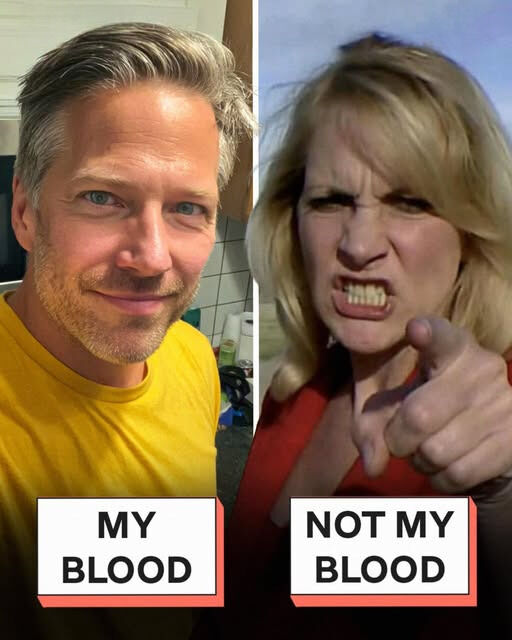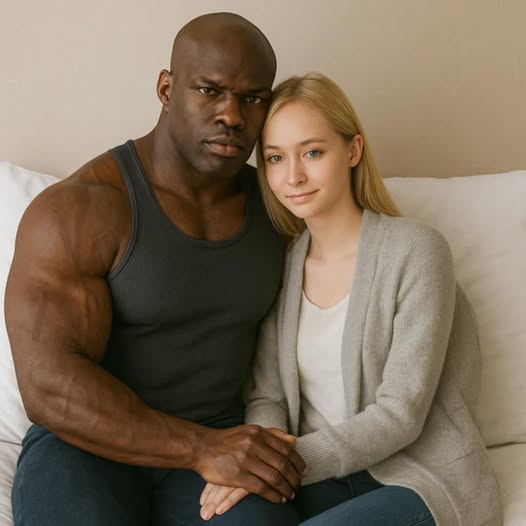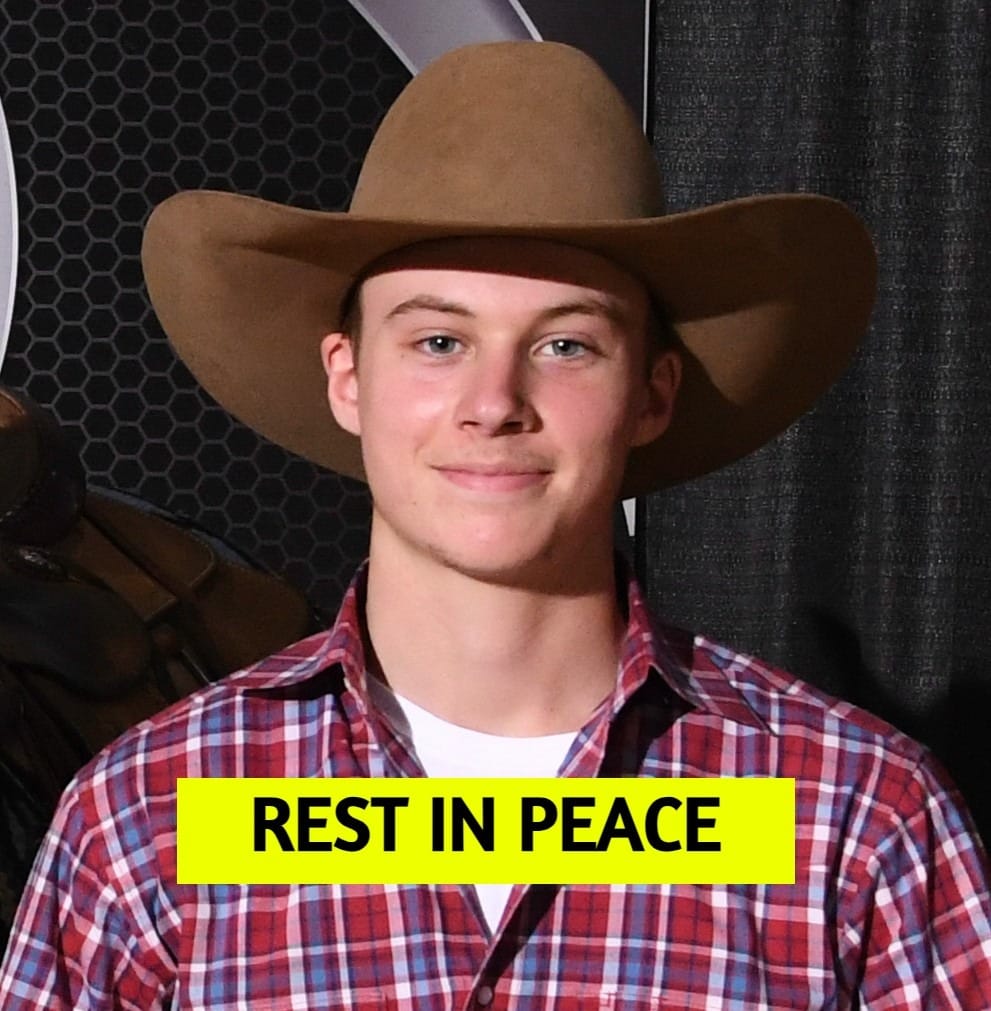1. A Past I Never Asked For
If there is one lesson my life has taught me, it’s that you can grow up in the middle of a storm and still not understand where the thunder began. My name is Dylan, and for as long as I can remember, my story has been shaped by a single decision someone else made — a decision that altered the course of my life before I even had the chance to take my first breath.
My biological mother, Jessica, was barely an adult when she had me. She and my father, Greg, were two young people trying to navigate life faster than they were prepared for. Their relationship, I’ve been told, was full of hope but lacking the foundation needed to withstand the reality of raising a child.
Pregnancy didn’t bring them closer. It magnified everything they hadn’t worked out, every insecurity they ignored, and every responsibility they weren’t prepared to carry. When I was born, the fragile structure holding them together collapsed completely.
My mother left the hospital before the sun rose the next morning.
No farewell.
No moment of hesitation.
No second look at the child she had just brought into the world.
She simply handed me to my father and walked away from both of us.
People sometimes imagine dramatic scenes filled with shouting or emotional pleas, but nothing like that happened. The nurse later told my father that Jessica handed me over as calmly as if she were giving someone directions to the nearest bus stop. She said she “wasn’t ready,” and that was the end of it.
From that day on, silence filled the spaces where she should have been.
2. My Father’s Quiet Strength
Despite everything, I never grew up feeling unloved. My dad, Greg, stepped into single parenthood with a determination that people often underestimate. He became my entire support system — the person who woke up with me during feverish nights, the one who attended every school meeting and every milestone, and the one who willingly put his own life on hold just so mine could move forward.
He didn’t have an instruction manual for raising a child alone. What he did have was a heart large enough to fill the void my mother’s absence created.
Our home wasn’t perfect. Some months were a battle between bills and groceries. Other times, my dad worked so many hours that I worried what it must feel like to carry that much weight on one person’s shoulders. But never once did he complain. Never once did he make me feel like raising me was a burden.
What still surprises me is that he never spoke ill of Jessica. Not a single negative word left his mouth in all the years we spent together.
When I was young, I didn’t understand how someone could show so much grace. Now I realize it wasn’t for her sake — it was for mine. He didn’t want his resentment to become the lens through which I saw myself or the world.
When I was seven years old, I finally asked him what my mother looked like. Without hesitation, he opened an old wooden drawer in the living room and pulled out a faded photograph. He placed it gently in my hands, almost like he was afraid I would drop it.
“She’s your mother,” he said softly. “You’re allowed to know.”
In the photo, she was strikingly beautiful. Long auburn hair, wide brown eyes, and a smile that seemed untouched by the realities of adulthood. She looked carefree — almost too carefree for someone about to become a parent.
“Why did she leave?” I whispered, still staring at the image.
My dad exhaled slowly. “Some people make choices they aren’t ready to face. It doesn’t mean they’re terrible. It just means they weren’t prepared.”
I studied his expression. “Do you hate her?”
“No,” he said simply. “I just love you more than I hate what she did.”
Those words stayed with me long after the photograph was placed back into the drawer.
3. Growing Up Too Fast
It wasn’t unusual for me to grow up faster than kids my age. While my friends talked about vacations and after-school clubs, I learned how to scramble eggs at nine and fold laundry at ten. Not because my father asked — but because I saw how exhausted he was after working two jobs just to keep us afloat.
He spent weekdays repairing broken desks and faulty heaters at a local school. On weekends, he bartended until late hours, returning home with the smell of citrus peels and spilled soda lingering on his clothes. By the time he sat on the couch after his shifts, he was often too tired to untie his work boots.
I wanted to help him in any way I could. Cooking dinner became my way of contributing. Tidying the house became my version of responsibility. I wasn’t resentful. If anything, I felt proud to be able to ease even a small fraction of his burden.
Meanwhile, I dreamed big. I didn’t just want to escape our circumstances — I wanted to create something meaningful. I had always been fascinated by creativity, innovation, and the gap between young talent and opportunities. That gap later inspired me to launch my company.
4. Building a Future From Scratch
Years later, after finishing school and working tirelessly on an idea I had been refining since my late teens, I launched a platform called LaunchPad. The concept was simple: give young creators access to mentors, investors, and resources they would otherwise struggle to find. What began as a passion project quickly grew into something bigger than I ever imagined.
Media outlets interviewed me. Podcasts invited me to speak about entrepreneurship. Emails flooded in from people inspired by what we were doing. It felt surreal — like I was living a life I had once only observed from afar.
Every milestone, every achievement, every celebration felt like a tribute to my father. He had sacrificed so much so that I could thrive, and I wanted him to see how far his love had taken me.
Sometimes, late at night, I wondered if my mother had any idea who I had become.
If she ever wondered.
If she ever regretted leaving.
I never expected my questions to be answered.
5. The Visitor I Never Saw Coming
One quiet Saturday morning, I was working in my home office when my dad appeared in the doorway. There was something unusual in his expression — something that made my stomach tighten before he even spoke.
“Dylan,” he said slowly, “someone is here to see you.”
There was a pause.
A heavy one.
The kind that tells you everything is about to change.
Then he said her name.
“Jessica.”
Hearing her name spoken aloud was like having the wind knocked out of me.
I walked to the porch where she stood, older but undeniably the woman from the photograph. Her features were sharper, her posture slightly tense, but her presence was unmistakable. She didn’t show nervousness or remorse — just a distant politeness, like she was meeting a business acquaintance.
“Dylan,” she said with a practiced smile. “It’s been a long time.”
Before I had a chance to respond, she reached into her bag and handed me a manila envelope. No explanation. No soft introduction. Just a silent expectation that I would open it.
Inside was a DNA test.
She spoke matter-of-factly. “This confirms Greg isn’t your biological father. I had the test done right after you were born.”
My heart thudded. I looked up at her in disbelief.
“I didn’t tell him at the time,” she continued. “It didn’t seem necessary. But with everything you’ve accomplished now, I thought you deserved the truth.”
Her tone was unsettlingly casual, as if twenty-two years of absence could be brushed aside with a sheet of paper.
“And now,” she added, “we can start fresh. Just you and me.”
Then she pulled out something else —
a contract.
She wanted a stake in LaunchPad.
6. A Line Finally Drawn
As I skimmed the document, each sentence felt like a cold gust of wind. She was essentially trying to claim part of the company I had built from the ground up — something created through my father’s sacrifices, my late nights, and the opportunities earned, not inherited.
“You’re not my parent,” I said quietly, handing the contract back. “You’re a stranger.”
Her smile faltered. She stuttered excuses, attempted emotional angles, and tried to explain that she was only doing what she thought was “fair,” but nothing she said made sense.
“You walked away without a second thought,” I told her. “I’m choosing to do the same now.”
She left the house without looking back.
My father stepped outside shortly after, trying to process everything. The moment felt heavy, like the air around us had become thicker. I cooked lamb stew that evening — something calm and grounding — hoping it would help both of us settle.
Later, I sat beside him in the kitchen.
“None of this changes who you are to me,” I said. “You’re my dad. Always have been.”
Tears welled in his eyes, though he tried to hide them.
“If you ever want to get to know her,” he said softly, “I won’t stop you.”
“I don’t need that,” I replied. “What I needed, you already gave me.”
7. The Fight She Didn’t Expect
Most people would have walked away after being confronted.
Jessica wasn’t most people.
The very next day, she arrived at my office accompanied by a lawyer. There was no appointment, no courtesy, no attempt to be discreet.
“I want to speak to Dylan alone,” she declared.
“If you brought a lawyer,” I said calmly, “I’ll bring mine.”
My attorney arrived shortly after, and together we laid out every relevant document — financial records showing my father had supported me alone, proof that Jessica had the means to help but chose not to, and messages showing she had severed contact entirely by choice.
“We will be seeking retroactive child support,” my lawyer stated.
Jessica’s lawyer looked rattled.
The evidence was overwhelming, and the law was on our side.
When the court ruling came, it was decisive:
Jessica was ordered to pay hundreds of thousands in unpaid support.
She stormed out of the courtroom.
8. Reclaiming the Narrative
When news outlets began circulating rumors, we released a calm and respectful public statement. No accusations. No hostility. Just the truth — that our story was one of resilience, perseverance, and gratitude.
Although we didn’t reveal names, people quickly connected the dots. Messages of support poured in, not only for me but for my father. His quiet strength resonated with people in ways I never expected.
Months later, when LaunchPad unveiled a new initiative called The Backbone Project, I felt my father standing with me in spirit even as he cheered from the audience. The project’s goal was simple: support young adults who grew up facing hardships similar to mine — abandonment, instability, or a lack of support at home.
As cameras flashed and journalists scribbled down notes, I looked out at the faces in the crowd and felt a sense of closure I hadn’t known I needed.
9. Letting Go Without Anger
By the time I returned home that evening, something inside me had shifted. For years, I believed that if I ever saw my mother again, I would demand answers or closure or perhaps even an apology.
But none of that mattered anymore.
She had the title “mother,” but titles don’t create love.
Actions do.
Consistency does.
Presence does.
And the person who embodied all of those things was the man who raised me, supported me, and loved me without conditions.
Letting go wasn’t dramatic.
It wasn’t loud.
It wasn’t a scene of emotional fireworks or tearful confrontations.
It was a quiet release — an exhale after carrying a story for too long.
And it felt like peace.



